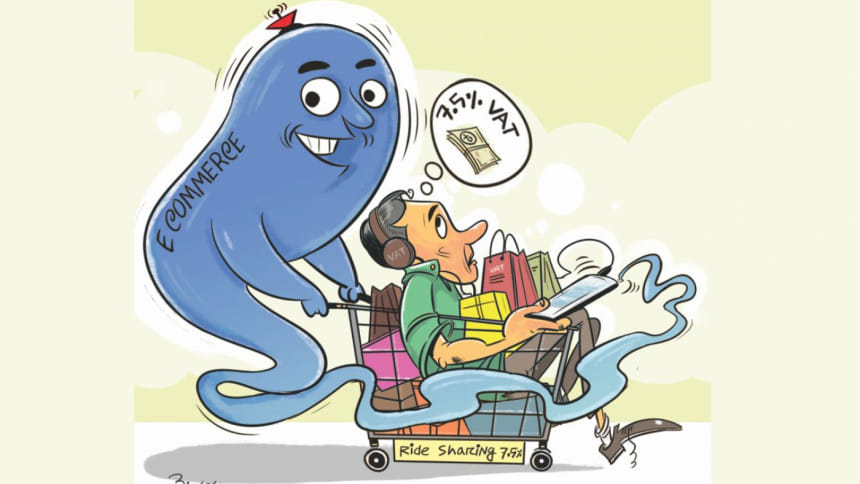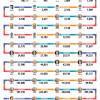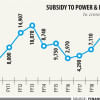Pay more for digital delight

At a time when the government should be encouraging virtual businesses, Finance Minister AHM Mustafa Kamal has proposed 7.5 percent value-added tax on them in his budget for fiscal 2019-20, making their services dearer.
Thanks to convenience, people are increasingly turning to online platforms for their groceries, medicines, train and bus tickets, meals, day-to-day travel arrangements and requesting home visits by doctors.
"This is a bolt from the blue," said Ashish Chakraborty, a director of e-Commerce Association of Bangladesh (e-CAB).
The virtual businesses were expecting handsome incentives from the government and instead got this slap on the wrist.
This move can devastate the country's fledgling digital ecosystem, with people reverting to traditional methods for the services, said Ashish, also the vice-chairman of the digital commerce committee of Bangladesh Association of Software and Information Services (BASIS).
Ride-hailing companies are paying 5 percent tax on their earnings, but the government proposed imposing an additional VAT on their services from July 1.
"The tax will negatively impact on the growth of the digital service industry," said Hussain M Elius, chief executive officer of Pathao, a popular ride-hailing and delivery company.
On top of the VAT on ride-hailing service, vehicle owners who are earning from the service will also have to pay income tax.
"At present, many youths are employed in this service. They will be affected by the new tax structure," Elius added.
Last year, the government had proposed 5 percent VAT for online shopping in its budget documents only to scrap it the following day citing a printing mistake.
Industry insiders said they were exempted through a clear declaration in fiscal 2018-19's budget but this year they are included by definition, which will be a massive blow to the growing industry.
"The 7.5 percent VAT is too much for this emerging e-commerce sector," said Asif Ahnaf, president of e-CAB's youth forum, while calling for zero VAT until 2024.
Since the government is providing Tk 100 crore in the upcoming fiscal year as seed money for budding start-ups, it should nurture the existing ones too, he said.
The move goes against the Awami League-led government's digitisation agenda, said AKM Fahim Mashroor, founder of ajkerdeal.com, one of the leading local e-commerce ventures.
"When physical shops have almost no tax we are being charged before we can even stand on our own two feet," said Mashroor, also a former president of BASIS.
Only 40,000 orders are generated in a day in Bangladesh, whereas in India the number goes up to 50 lakh, he said.
"And yet they are still enjoying incentives from their government," Mashroor said, adding that the finance minister's proposal will simply discourage people from using digital services.
Currently, there are about 1,000 e-commerce shops in Bangladesh, whose total annual turnover is about Tk 2,000 crore.
On top of VAT, both digital companies and consumers will have to spend more for using internet as the government has already doubled the supplementary duty for mobile internet use to 10 percent.
However, tax for digital marketing will be halved to 7.5 percent.

 For all latest news, follow The Daily Star's Google News channel.
For all latest news, follow The Daily Star's Google News channel. 







Comments